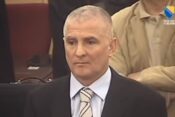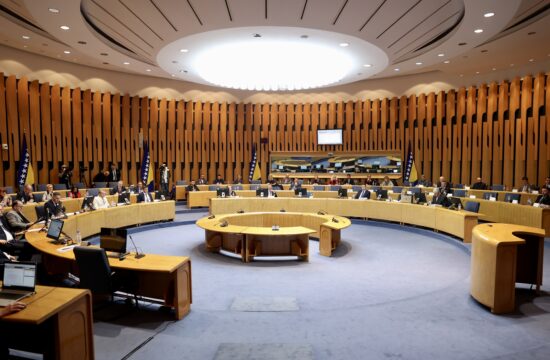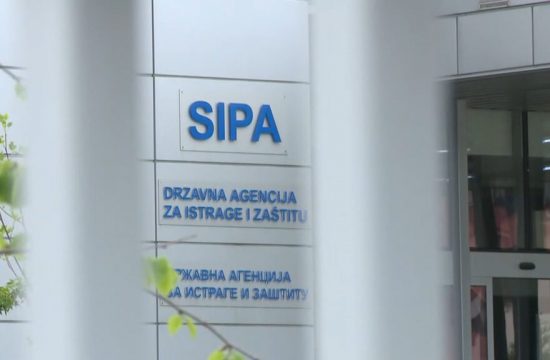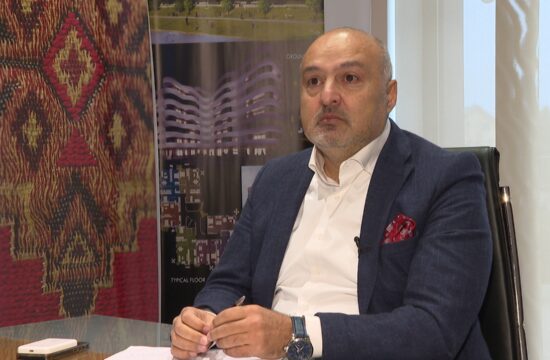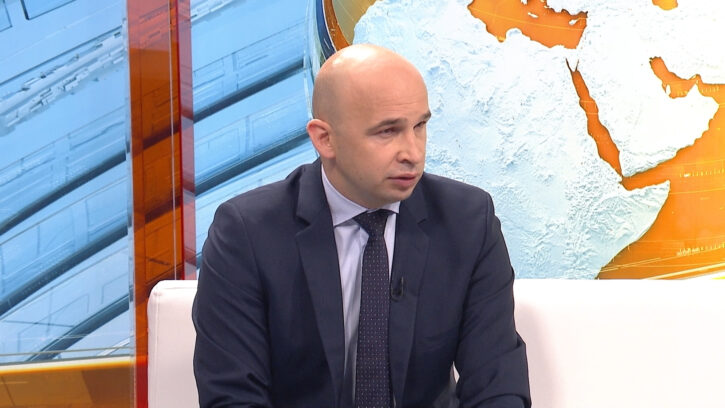
Bosnia’s judiciary is avoiding prosecuting war crimes cases and trying to present its work as more successful than it is, Deputy Justice Minister Nezir Pivic told N1 on Tuesday.
When the main Bosniak party in the country, the Party for Democratic Action (SDA), recently said that there is an attempt to avoid prosecuting cases which are forwarded from the UN tribunal in the Hague, the State Justice Minister, Josip Grubesa, denied it.
However, the head of the Association of Victims and Witnesses to the genocide, then said he sent the Ministry information saying that 850 such cases were sent to Bosnian judicial institutions.
“Murat Tahirovic, the president of the Association, exclusively revealed that he sent the information to the Justice Ministry, the judicial institutions must have received those cases. The narrative that these cases do not exist is ridiculous,” Pivic said, adding that justice institutions “should be asked what happened to those cases.”
The Ministry should not discuss the cases, he said, but added there should be information available on how far along they are.
“Before anything else, those cases for which there is sufficient evidence to solve them need to be finished,” he said, adding that those are mostly A category cases. He explained that they are important because the international UN tribunal in the Hague had assessed that there is sufficient evidence to initiate proceedings, “but we do not have insight into how far along those cases are,” and that this “creates dissatisfaction.”
Pivic assessed that the reason why war crimes cases which were sent from the Hague tribunal are not being presented is because of an attempt to hide the negative results of the work of the judiciary and that there is also an attempt to achieve a forced balance between ethnic groups in the country when it comes to responsibility for war crimes.
There were even an attempts to divide war crimes cases where there are multiple defendants into more cases to improve statistical data and present the work of the judiciary as more successful, he alleged.
Pivic also criticised regional cooperation within the revised strategy.
“Generally, cooperation with neighbouring countries is bad, we have political parties which are doing more for the neighbouring countries than for Bosnia and Herzegovina, although they represent Bosnia’s institutions,” he said.
“We have numerous negative examples which showed that neighbouring countries are a haven for hiding war criminals,” he said.
He mentioned two examples.
One was the wartime Bosnian Serb commander Novak Djukic whom Bosnia declared guilty for involvement in the 1995 Tuzla Kapija massacre. Djukic avoided serving his sentence by crossing over to Serbia, and his trial there kept getting postponed.
The other example he named was that of wartime Bosnian Croat commander Marko Radic, sentenced in Bosnia to 21 years behind bars for crimes concerning wartime prison camps. He asked to serve his sentence in Croatia, but when he was transferred, that country simply cut his sentence short and now Radic is a free man.
Croatia and Serbia are being ignorant regarding war crimes, while there are no situations where Bosnia is hiding its war criminals, Pivic alleged.
“The Croatian judiciary, the Court in Zagreb, reduces the sentence to Marko Radic by exactly as much as is needed for him to go free. He should have been in a Bosnian prison until 2027. What kind of cooperation can we even talk about here?” Pivic asked.


